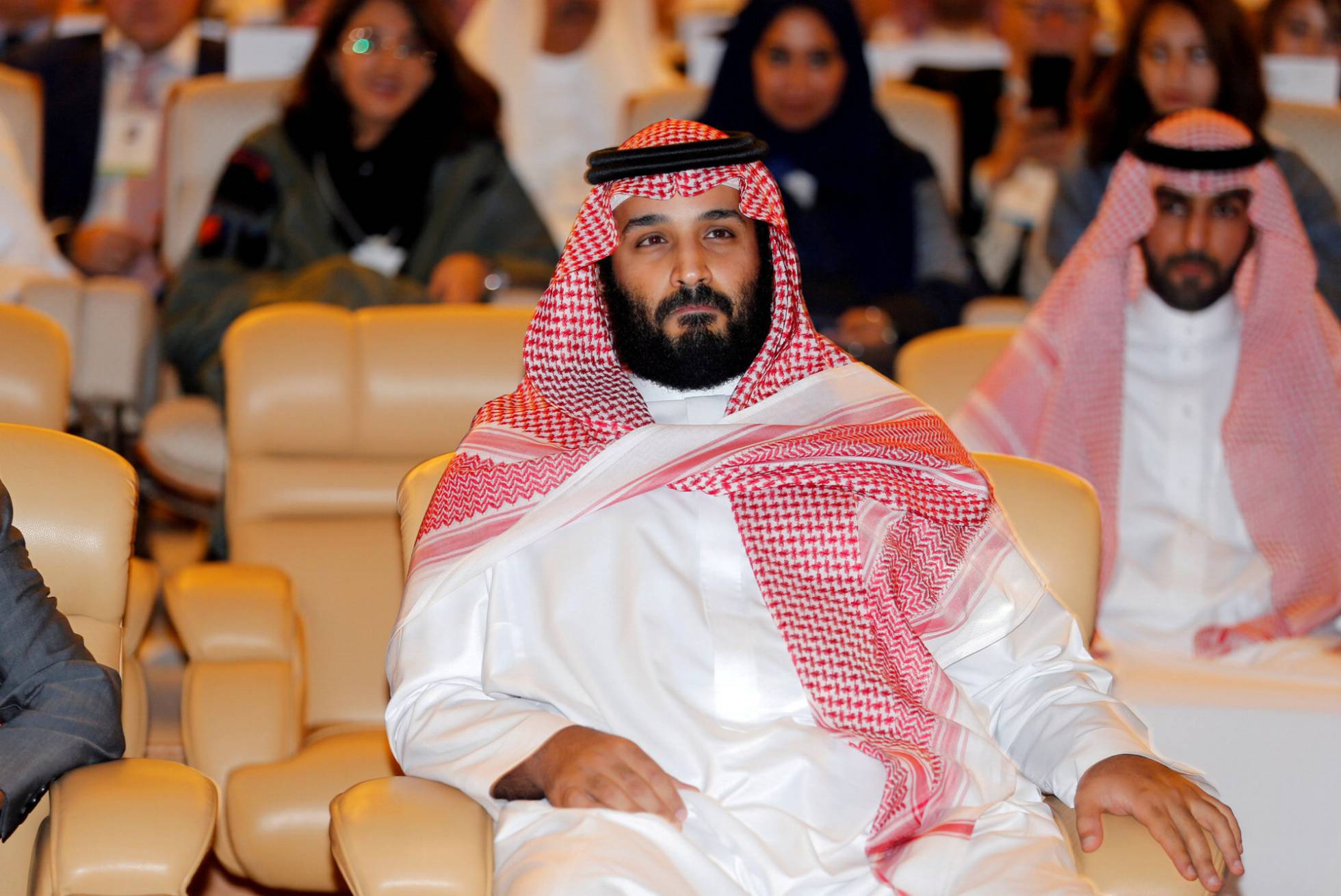
Tensions between Saudi Arabia and Iran should be addressed right away.
The escalation of tensions between Saudi Arabia and Iran poses a grave risk for the stability of the Middle East and the globe. The accusations being exchanged between Riyadh and Teheran should end as soon as possible, and large powers allied to both countries should apply necessary pressure to cool off the dangerous tensions of the past few days.
It would be a mistake to literally interpret the words of the Saudi heir and new strongman, Mohamed bin Salman, yesterday. In response to a ballistic missile launched from Yemen and exploding very near the Riyadh airport, bin Salman characterized the attack as an act of war, blaming Iran. Yemen is currently embroiled in a civil war in which both Iran and Saudi Arabia are involved.
In a world still dependent on petroleum, Saudi Arabia is bent on playing a crucial role in global economic stability. Riyadh has taken advantage of this position for decades. One way it has done so is by practicing reprehensible – but barely commented on by the West – policies regarding human rights and individual liberties. Especially harsh is its policy regarding women. But the immutability of the regime was shattered after the purge ordered by Prince bin Salman: On Saturday night, 11 princes were detained along with seven active ministers and dozens of former ministers, all of whom were accused of corruption.
To figure out the intricacy of the problem and demonstrate how unstable the region is, it is enough to observe what has happened in the past week. On Saturday, the Lebanese prime minister, Saad Hariri, flew to Riyadh, instead of appearing in Parliament, to announce his resignation by video, because, he said, he feared for his life. Next, Hezbollah, the pro-Iran Lebanese militia – a group that is made up of thousands of armed members, that began a war against Israel, and that is considered a terrorist group in the U.S. and European Union − accused Saudi Arabia of forcing the resignation of the Lebanese prime minister.
The Saudi response was immediate: It will consider any action that Hezbollah takes against Saudi interests as a declaration of war from Lebanon. Hezbollah fights in Syria against the Islamic State alongside Bashar Assad’s army and members of the Iranian Revolutionary Guard. If these combined forces were victorious, a Shi’ite corridor would run from Iran to the Mediterranean. But the government in Jerusalem will not allow such a corridor. Israel would like to avoid a situation in which Hezbollah receives weapons and missiles from Iran, because these could be used against Israel. With Hezbollah as a common enemy, Israel and Iran have something in common, but Israel is still suspicious of Iran’s nuclear program and its influence in the region.
If there is a region in the world where tensions could lead to conflicts with terrible consequences, it is the Middle East. Washington, the principal ally of Saudi Arabia and Israel, and Moscow, ally of Iran and Syria, should act soon to lessen the tension. European mediation in this task would be both welcome and beneficial.

Leave a Reply
You must be logged in to post a comment.